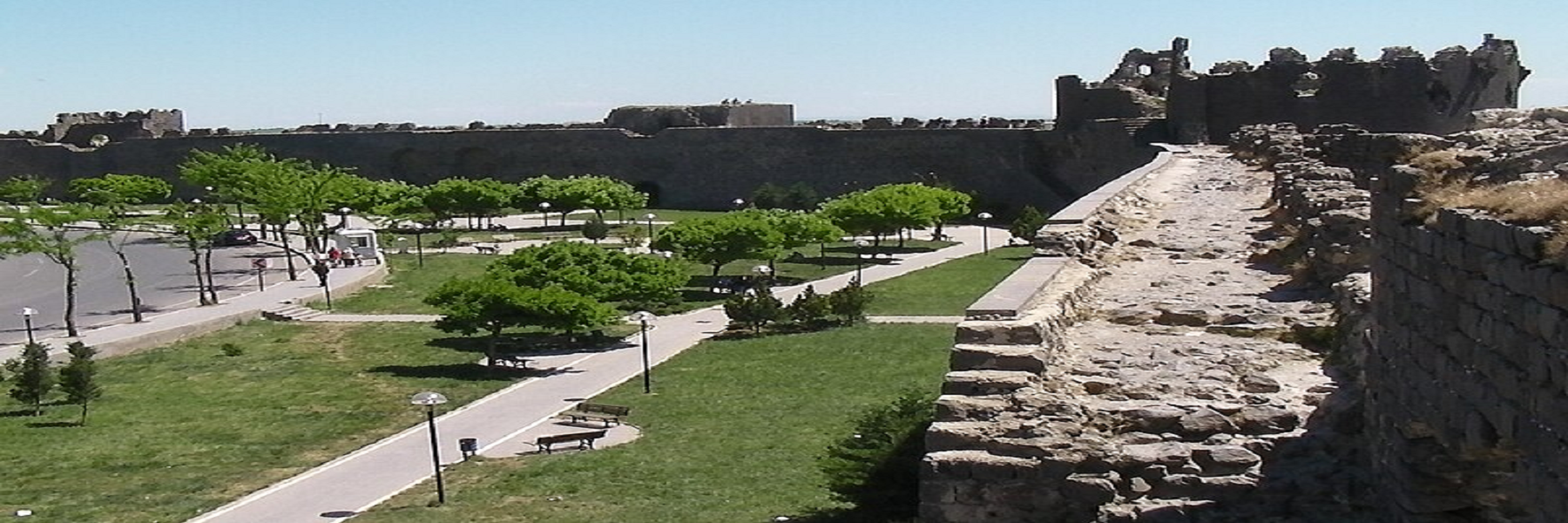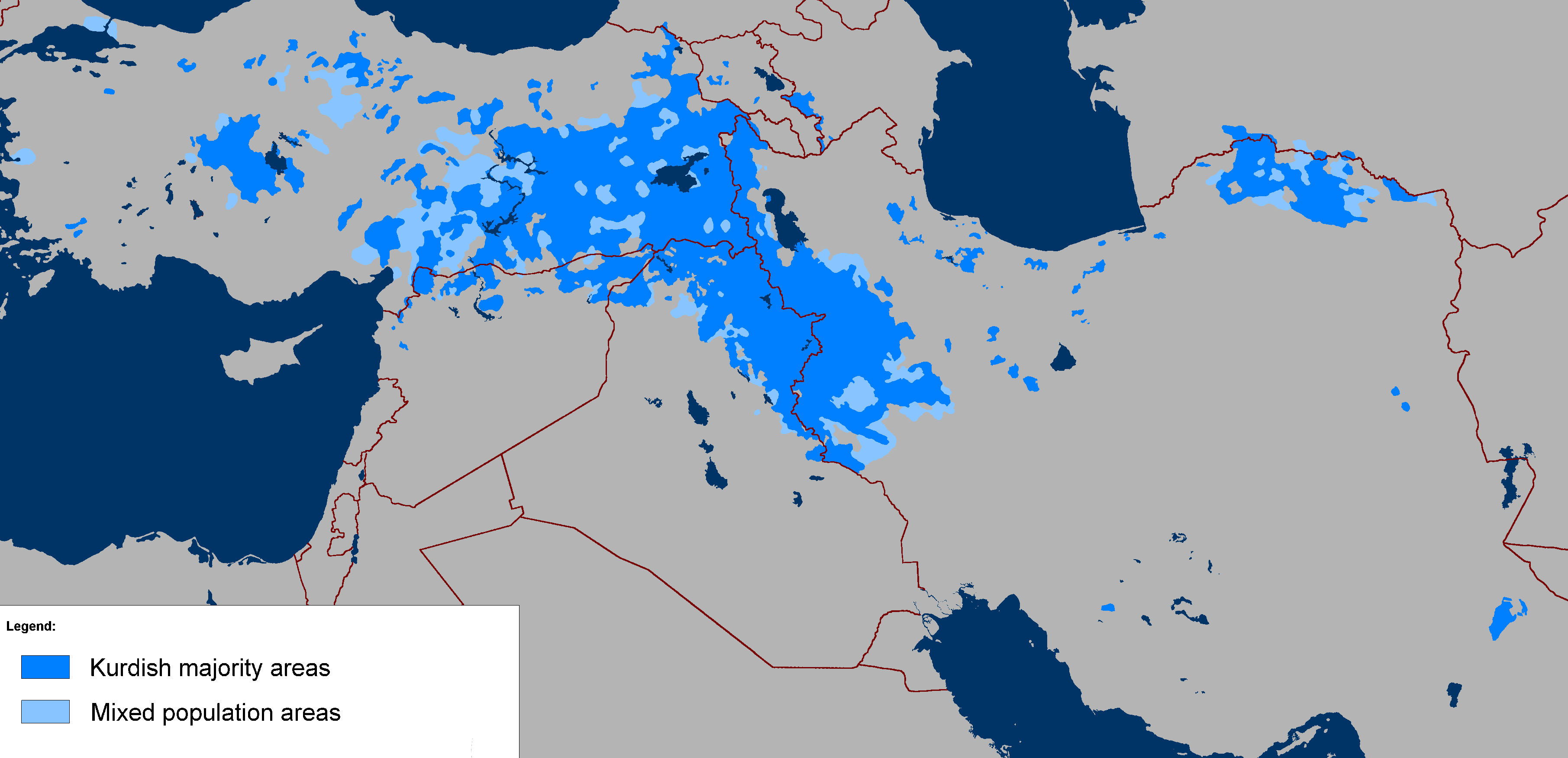The Kurds are one of the main political players in the Middle East, and they are well-known for their resistance to be independent. Both Kurdistan Regional Government and Autonomous Administration of North and East Syria are key allies of the US government. The Kurds also played the main role in the fight against ISIS. Nowadays, the Kurdish slogan of jin, jiyan azadî (woman, life, freedom) is chanted in the whole Middle East.
During the last century, Kurdish faced ban and linguicide in both Turkey and Iran, and it is still not the language of education in those two countries. While Kurdish is one of the formal languages besides Arabic in Iraq and Syrian Kurdistan. So, without Kurdish you may be able to understand the states in the Middle East, but you will face real challenges in understanding the people.
Kurdistan is home to many unique historical sites like Göbekli Tepe (Kurdish: Girê Mirazan), one of the first manifestations of human-made monumental architecture. Erbil Citadel (Qellay Hewlêr), one of the longest continuously inhabited sites in the world. Mount Ararat (Kurdish: Çiyayê Agirî), considered the resting place of Noah's Ark. Taq-e Bostan (Kurdish: Taq-Wesan) a site with a series of large rock reliefs from the era of the Sassanid Empire, carved around the 4th century CE. Also, two famous rivers, the Tigris (in Kurdish: Dîcle) and the Euphrates (in Kurdish: Firat) flow through Kurdistan on their way to the Persian Gulf.



